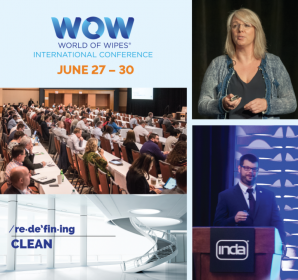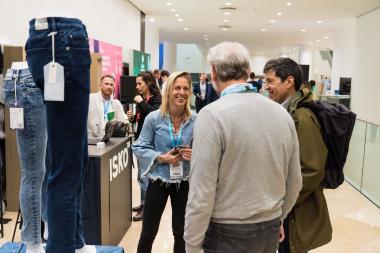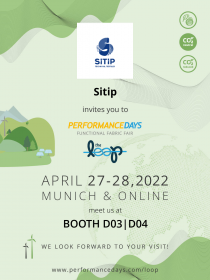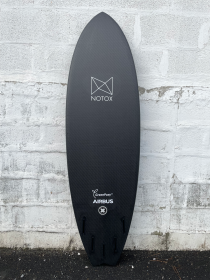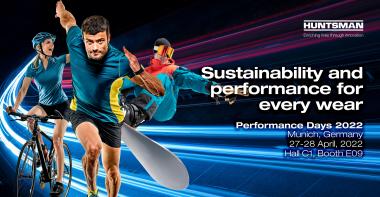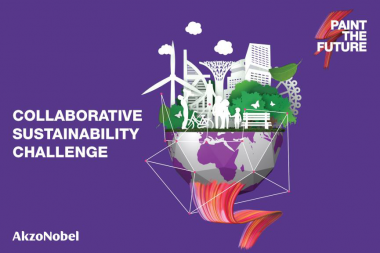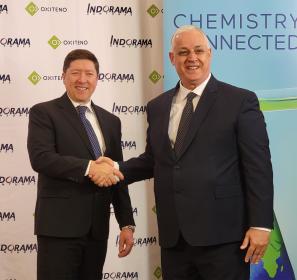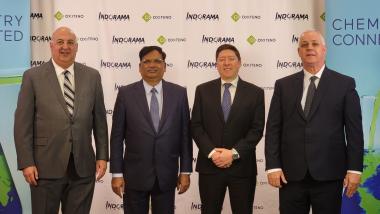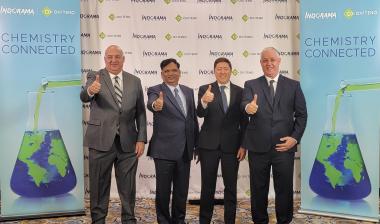GOTS releases 2021 annual report detailing record growth and increased interest
Global Organic Textile Standard (GOTS) announces the release of its 2021 Annual Report. Even with the continued constraints of COVID-19, 2021 was a year of significant developments for GOTS. An increased interest in sustainability in the textile industry led to greater awareness of GOTS certification from businesses as well as consumers.
The 31-page report details the record growth experienced in 2021, which included an increase of 19 percent in GOTS certified facilities around the world, with Certification Bodies (CBs) reporting 12.338 facilities in 79 countries (+11 percent). Three new GOTS-approved Certification Bodies brought the total to 18, nine of which have chemical input approval in their scopes. The additional CBs are helping meet an ever-increasing demand for certification. The rise in certifications also allowed GOTS to expand internally, adding Representatives as well as colleagues with expertise in Standard Development and Implementation, Quality Assurance, Communication, and IT. GOTS representatives worldwide offered training and education to thousands of participants, including businesses, governmental representatives, certification bodies, and other stakeholders. Visits to the GOTS website jumped 43 percent from 2020 and GOTS’s following on social media expanded significantly, gaining 57 percent across platforms.
“Despite ongoing difficulties and uncertainty caused by the Covid-19 pandemic, decision-makers continue to pursue their sustainability goals and value GOTS as a tool to accomplish them. We will continue to strive toward our vision of a future in which organic textiles are a significant part of everyday life, enhancing people’s lives and the environment,” says GOTS Managing Director Claudia Kersten.
Additional highlights covered in the report include chronicling the implementation of the most recent update to the standard document, GOTS version 6.0, and the release of ‘Conditions for the Use of GOTS Signs (CUGS)’, which outlines the rules for using the GOTS logo and labeling and updates to GOTS Scope and Transaction Certification policies which are a crucial part of the certification process.
Global Organic Textile Standard











